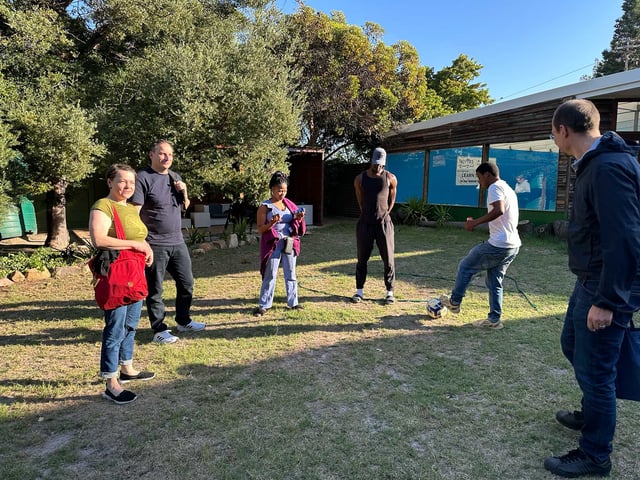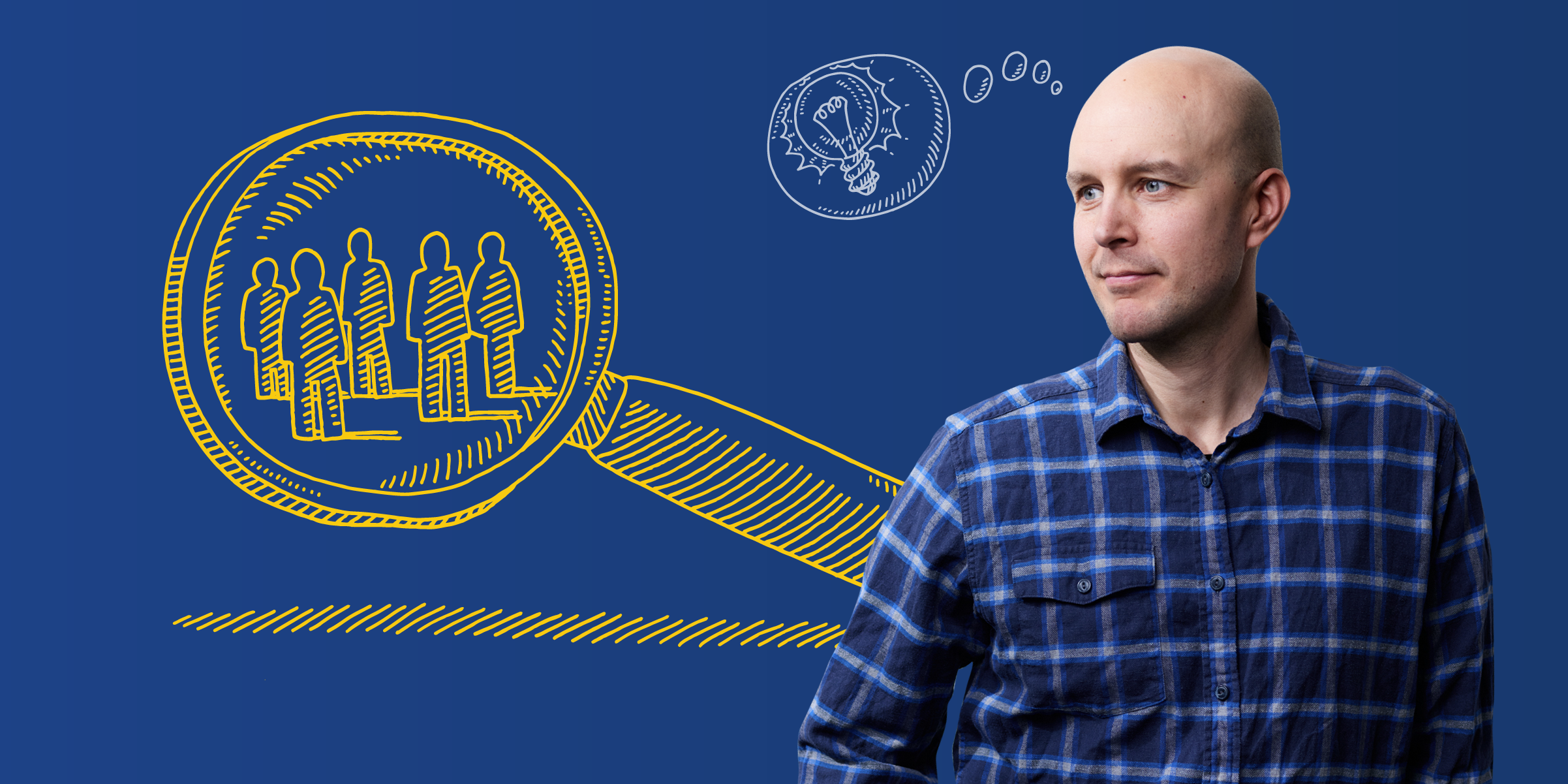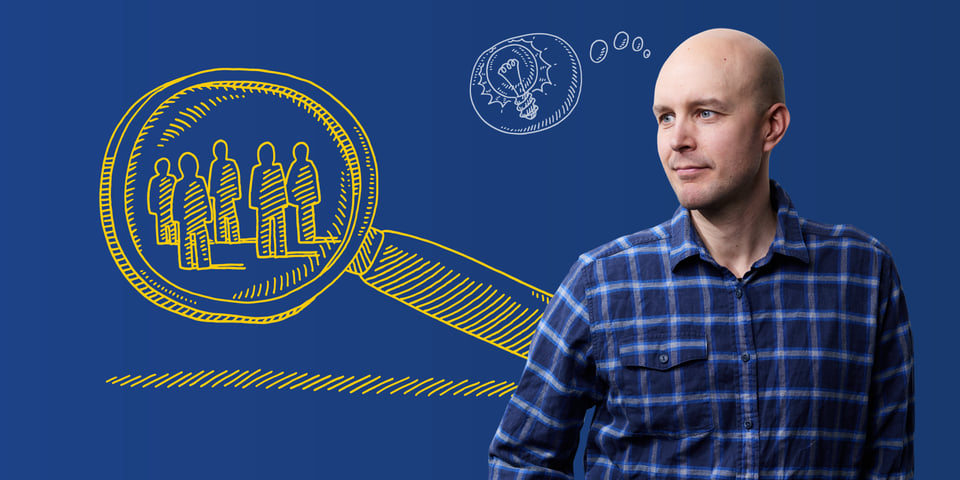I’m a professional trainer and most of my training is one day courses. During my Henley EMBA studies I’ve had a chance to compare the delivery and impact of my shorter training to the longer training programs that Henley provides. This post serves as a reflection about those differences.
In my own defense, I have to say that one day courses can sometimes be highly useful. They are particularly handy for teaching practical skills with low levels of complexity, and increasing participant knowledge on a carefully defined, narrow topic. A great example is an interviewer training for hiring managers: it’s a concrete and sufficiently narrow topic - suits well for a one day training.
However, longer training, such as the Henley Global EMBA or the Executive Certificate in Leadership programs offer other benefits. These ten benefits that I list below were the first that came to my mind but I bet there are others as well.
1. Sufficient repetition
Adult learning is often about going through the same things over and over again, and gradually witnessing change in one’s own thinking and behavior. This means that repetition is necessary for impactful learning. We need to hear the same things many times before we truly start to seriously consider them.
2. Room for reflection
Researchers say that growth happens when you sleep. Similarly, learning and realization often takes place in a moment when we’re not actively trying to learn, but are in a more relaxed state of mind. This means that impactful learning design leaves room for reflection and rest. It’s not a bad idea to send participants out for a walk, or call it a day when you see that people need time to process what they’ve heard.
3. Tracking progress
Longer training programs offer participants the opportunity to track and notice changes in their own thinking and behavior during the learning journey. Witnessing personal progress is a great motivator to keep going with the studies and invest even more effort into the learning challenges ahead.
4. Change takes time
Longer training programs usually have ambitious learning goals, such as becoming competent in a new profession. This requires significant and broad personal development from the individual. I’m sure many of us can agree that significant changes such as professional development take time. A longer training programme is better suited for supporting this type of transformation, because it accounts for a larger share of the development process from a timeline perspective.
5. Professional learning requires taking theory into practice
An ideal learning loop for longer professional training is that the participants put theoretical input from the studies into their everyday work, and then bring findings from everyday work back to the studies. By doing this, students learn to effectively integrate theory into practice, and also challenge some of the theoretical constructs with pragmatic findings.
6. Friendships
One of the best benefits of longer training programmes is the possibility to develop and foster friendships with fellow students. These friendships enable better recovery from the strain of the studies. Friends can also be a great source for feedback about your strengths and weaknesses as a developing professional. But, most importantly, they make the journey more enjoyable and worthwhile.
7. Broader scope
Longer training enables tackling broader themes that consist of many topics and require development of several skills. Topics such as management and leadership are so broad and complex that even longer training can only touch the surface of many topics. But a good rule of the thumb is that the broader the scope of development, the longer the associated training programme should be.
8. Sense of achievement
Small victories create a small sense of achievement. Big victories create a big sense of achievement. Investing time and effort into completing a longer training programme often brings a sense of achievement that fills the individual with feelings of pride and self-efficacy. If you want people to feel good about themselves, provide them with a great learning challenge!
9. Learning from others
Learning from others is of course possible also in shorter or more small-scale training, but the best way to learn from others is to witness them thinking aloud. Over time, this can be a great influence for developing new positive habits through adoption of best practices and useful heuristics from other learners that have unique strengths and experiences.
10. More credible
Although the learning trends have gravitated towards continuous learning and shorter individual training sessions, longer training still has the benefit of providing a more credible proof of a substantial learning process. That means that in one’s career development discussions, a longer training is a better proof of acquired competence in a particular area. That is why employers still value university degrees after decades of work, even if the content might already be somewhat outdated. If you want to progress in your career or get a promotion, completing a longer training programme can be useful in the process.
You can follow my EMBA journey through weekly updates with the hashtag #JuhoGoesEMBA on LinkedIn.
If you would like to learn more about the Henley EMBA:








